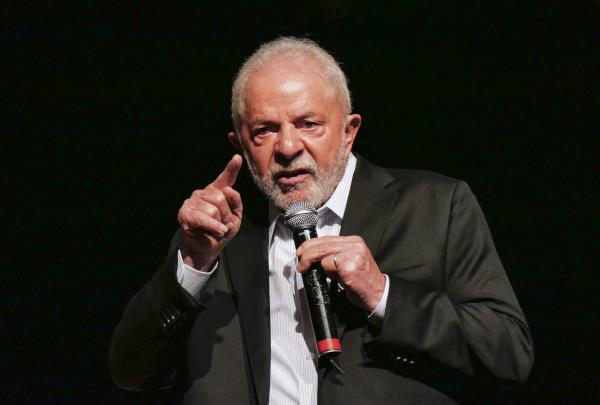There’s a high chance that the first task of either Liz Truss or Rishi Sunak as Prime Minister will be to navigate the economy through a recession. That will require them to relinquish their dogmatic approaches to tax and adopt more practical policies to minimise the damage.
CPI inflation was at a 40-year high of 9.4% in June and will probably increase to at least 12.0% in October when the Ofgem utility price cap is raised again. The latest evidence suggests that a 60% increase is on the cards. That would raise the average utility bill on October 1 to £3150 a year, meaning that it is £1200 higher than now and almost £1900 higher than a year ago.
That easily outstrips the possible £1500 increase in the average wage over the same period. And after taking into account the rises in the prices of other items as well as all taxes and government handouts, household incomes may decline by 3% this year and by 2% next year. Never before has real household disposable income declined by 2% in one calendar year, no matter two in a row. So high inflation is going to deliver an almighty hit to households’ real spending power.
Some households will be able to use their savings to supplement their incomes. Others will have no choice but to borrow more. Most will cut back on spending. That’s why the economy will probably fall into a recession (two consecutive quarters of declining economic activity) before long.


We think real GDP will fall between Q2 2022 and Q1 2023.
One crumb of comfort is that this recession will probably be mild by historical standards, with the economy contracting by around 1% in total. That would be smaller than the 2% fall during the recession in the early 1990s, the 5% declines in each of the two recessions caused by the oil price shocks in the early and late 1970s and the 6% decline during the global financial crisis. Another consolation is that this recession is unlikely to unleash a big wave of job losses. As suitable workers have been hard to find over the past 18 months, businesses will probably do all they can to hold onto the ones they’ve got. So by the time either Truss or Sunak walks into 10 Downing Street on September 6, the cost of living crisis will probably be close to its peak and the economy may be in recession. Since this recession will be caused by high inflation the tax policies advocated by both Truss and Sunak aren’t suitable. Sunak’s plans not to significantly cut taxes until inflation is under control would leave a lot of households hanging out to dry (his new pledge to scrap VAT on utility bills for a year is a step in the right direction). And the plans of Truss to reverse this year’s rise in National Insurance tax and to cancel next year’s rise in the corporation tax rate would arguably add to inflation. The key will be to implement policies that help those who need it most without making the inflation situation materially worse. A temporary increase in universal credit would quickly get money to the people who really need it. And a temporary cut to the 20% VAT rate would have a direct, albeit temporary, downward influence on inflation. Both would come at a cost to the Government (a cut in VAT to 17.5% for a year would cost £18 billion) and possibly indirectly add to inflation further ahead. To mitigate this, such policies should be considered in tandem with tax rises or spending cuts further ahead and an emphasis on the independence of the Bank of England to use interest rates to meet the 2% inflation target. Of course, there is no such thing as the perfect policy. But debating the various options and trade-offs would be a good place to start. And once the recession is in the rear-view mirror, the next Prime Minister should concentrate more on the end-goal of raising productivity growth as that’s the key to ensuring higher living standards for all. For that to happen, both Truss and Sunak need to put aside their dogmatic stances on tax and demonstrate that they can be a pragmatic Prime Minister. A version of this article was published in the Evening Standard on the 28th July, 2022


